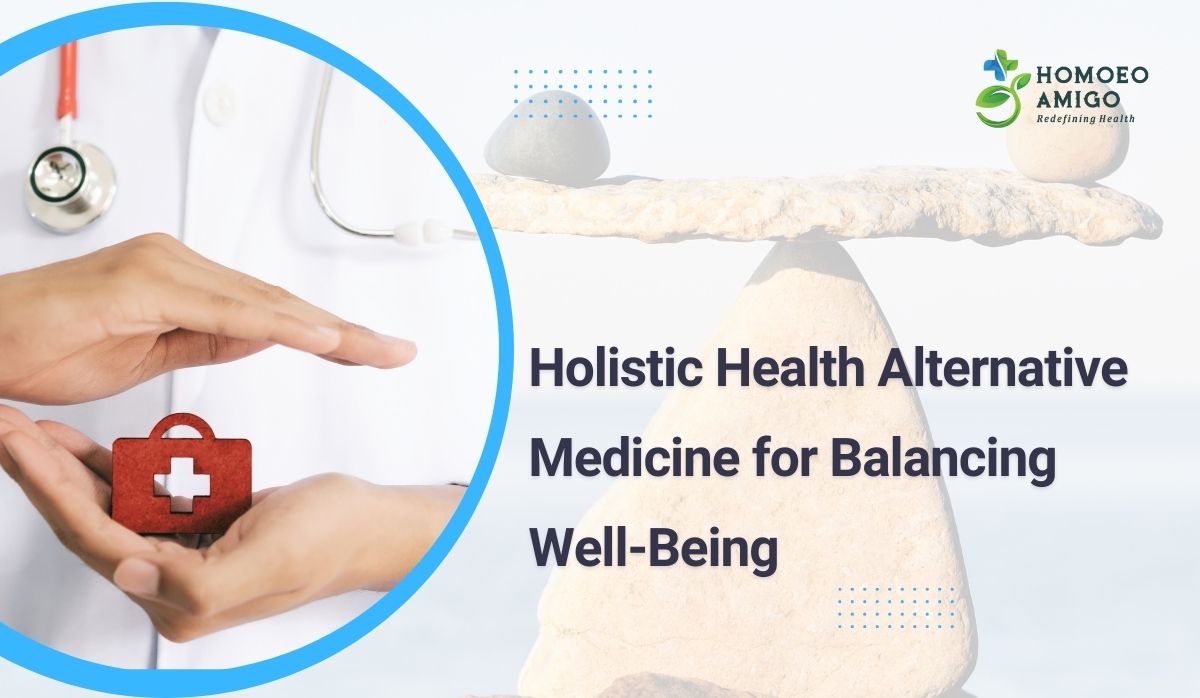The roots of holistic health care stretch back to ancient times, credit goes to Hippocrates, the father of Western medicine. In his book, he highlighted the significance of “good bacteria” and the body’s inherent healing capacity. His philosophy opposed the use of chemicals to eradicate “bad bacteria” or enhance “good bacteria.
In holistic medicine, a popular treatment is detoxification, which involves removing toxins from the body using natural herbs and plants. Various techniques are used based on the source of toxins. For example, toxins may result from consuming processed foods, polluted water, or being overweight.
What is Holistic Health?
The World Health Organization defines health as not just the absence of disease, but a state of complete well-being encompassing physical, mental, emotional, social, and spiritual aspects.
So, what is holistic health exactly? It’s an approach to wellness that considers all these components. Holistic medicine, as a field, draws from diverse disciplines, religions, and cultures to promote healing on individual, community, and environmental levels.
Homeopathy a Holistic Approach
Homeopathy, an international system with holistic approach concepts, is practiced in over 85 countries worldwide, including Europe, Latin America, the United States, and Asia. Remedies in homeopathy are derived from various sources such as plant extracts, animal products, minerals, or inert materials.
Manufacturing of homeopathic medicines is regulated by the Drugs and Cosmetics Act, of 1940, and the Drugs and Cosmetics Rules, of 1945. Established pharmaceutical companies adhere to strict Good Manufacturing Practices (GMP) set by the government. Additionally, homeopathy is recognized as a National system of medicine under the Homeopathy Central Council Act, 1973.
Homeopaths embrace the interconnectedness of the body, mind, and emotions in health and disease. They utilize remedies customized to a patient’s physical, mental, and social aspects to stimulate the body’s innate healing abilities, guided by a holistic perspective.
The public’s trust in homeopathy for treating both acute and chronic health issues is profound. Its strengths lie not only in disease treatment but also in disease prevention and health promotion. Homeopathic remedies have demonstrated effectiveness in conditions such as allergic rhinitis, asthma, back pains, migraines, allergies, and lifestyle disorders.
Homeopathy offers standalone treatment or complementary therapy alongside other medical systems for various clinical conditions such as diabetes, hypercholesterolemia, thyroid disorders, and depression. Diagnosis is based on a comprehensive understanding of the patient’s medical history, temperament, personality, lifestyle, and dietary habits.
The absence of side effects, the safety of the medicines, the ease of administration even for infants, and economic considerations make homeopathy an attractive choice for many. Furthermore, the personalized treatment options tailored for long-term diseases contribute to the increasing popularity of homeopathy


0 Comments